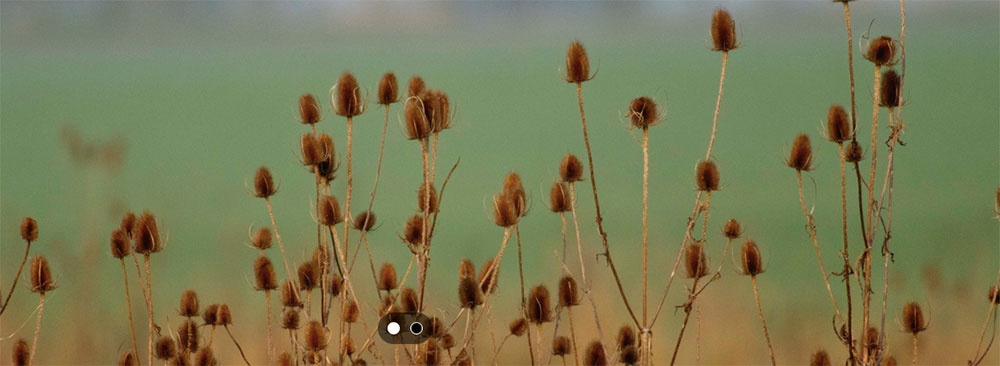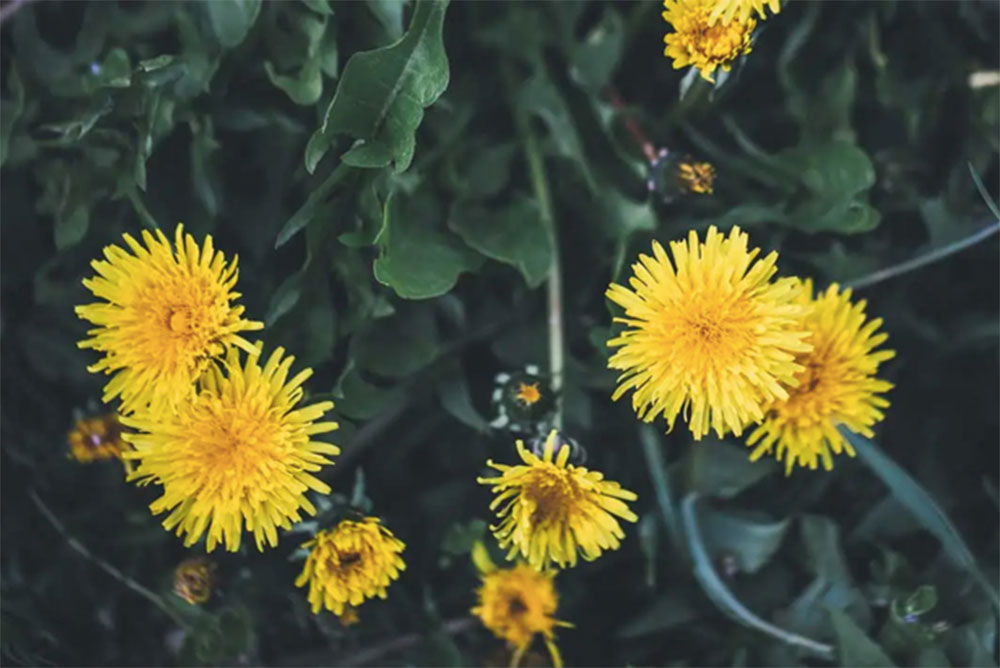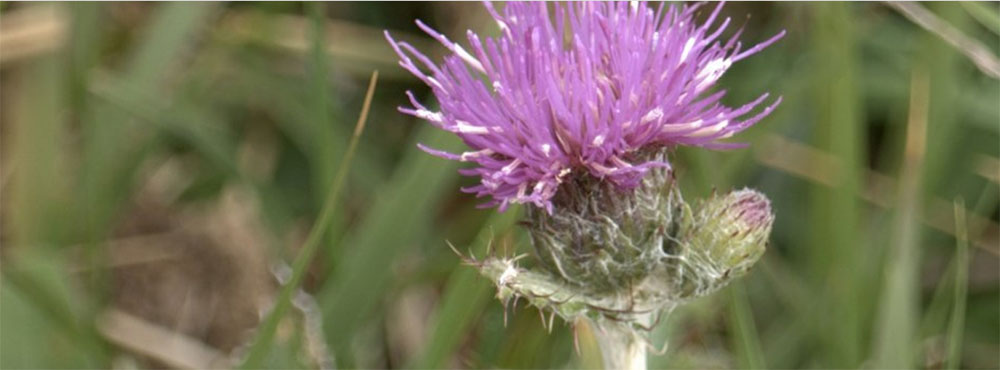By Stephanie Cavanaugh
TUT, TUT. The Royal Horticultural Society has taken a tumble into the weeds, announced The Times of London, in an article that ran on April 24.*
You know that anything the Brits say, Americans take as gospel; it’s that plummy accent. (Consider the bethroned and snooty-voiced actress who sells Poo-Pourri on a whole series of . . . um . . . ripe commercials.)
So, when the RHS recently noted that four of the 12 show gardens at this year’s prestigious Chelsea Flower Show, would feature weeds, all the brambles, thistle and knapweed in the kingdom rose up in a rousing cheer. Huzzah!
The dandelions also took a bow, getting a pat on their fluffy heads for providing nectar for bees. (And here I just mentioned liking them a few weeks ago). Really, if we didn’t have dandelion fluff, what would we wish upon—other than stars, birthday candles, and coins in fountains. That last was me commenting, not the Times of London—do Brits even wish on dandelion fluff?
Once the “hallmark of a badly tended garden,” the Times article continued, many weeds should be prized. There’s now a campaign to “rebrand” these obstreperous fronds as “resilient plants.” They don’t need watering or feeding, and they create a natural habitat for wildlife.
There’s also a lot of stigma around the word “weed,” we’re told. So, they are now to be known as “weed heroes” or “superweeds.” It’s all so very politically correct; one might even call it—gasp!—American of them.
In another radical departure from tradition, the society, which holds its show each year in May, is rejecting the idea of digging over garden soil to improve its structure; instead the soil gains nutrients by having mulch added to the surface and letting nature alone improve the border.
My own gardens started out as hard-packed clay. And, as I have written before, over time, with the planting of plants and the mulching of mulch, the soil has become so friable and rich that I can dig in bulbs and seedlings with my bare hands (see last week’s column on the condition of my nails).
This took me only 40 years—record time when you consider the Brits have been at it for at least a millennium. OF COURSE, their soil is gorgeous.
The RHS List of Superweeds:
Dandelions: Source of nectar for bees early in the year. / Image from the Healthline website.

Nettles: Evidence of nitrogen-rich soil and can be made into nettle tea. Stinging nettles show. / Image from The Wildlife Trusts website.
Thistles: Bee heaven. Meadow thistle shown. / Image from The Wildlife Trusts website.

Teasels: Important bird food.** / Image from The Wildlife Trusts website.
Fat hen: Evidence that the soil is deficient in nutrients. / Image from The Wildlife Trusts website.
*You won’t be able to read this unless you have a subscription—£1 for 6 months, quite the bargain if you think about it. Thanks to my buddy Maggie Hall for sending along the copy.
**I had no idea what a teasel was. It looks just like a thistle. Well. I have discovered, that it is a Dipsacus, a genus of flowering plant in the family Caprifoliaceae, which sounds like an Athenian soldier about to bring down the wrath of Zeus on an obscure Spartan tribe. It is, however, merely a weed that resembles a thistle.





Have got my weeds and wild-flowers mixed up. With Dandelion fluff we didn’t wish–we told (or tried to) the time ( one o’clock, two o’clock et al.) rarely correct of course! It was with buttercup petals we did the “he loves me, he loves me not” bit – pulling a petal off one at time (would that be considered cruelty now?). The last petal off was the answer…. Maggie Hall
I used to try (still do, in fact) to blow all of the fluff off in one blast. If I did it, wish came true. No second, third or fourth gentle puffs.
That’s what I remember doing.
What we Brits do with dandelion “fluff” (or used to) is pick a stem and start blowing gently on the “fluff,” saying: he loves me, he loves me not….the last bit of fluff to be blown away gave you the answer! btw: now happily I no longer have good weeds or bad weeds or trendy weeds to worry about…age has its uses, as in a balcony has replaced a garden.